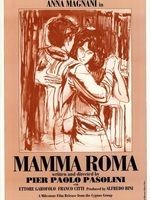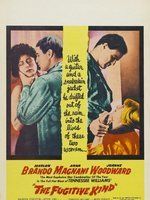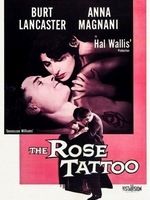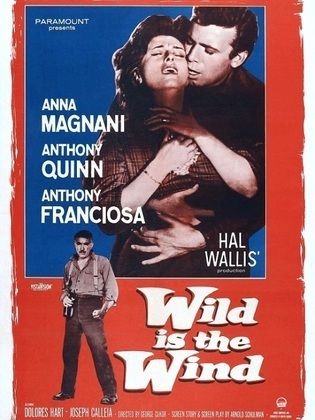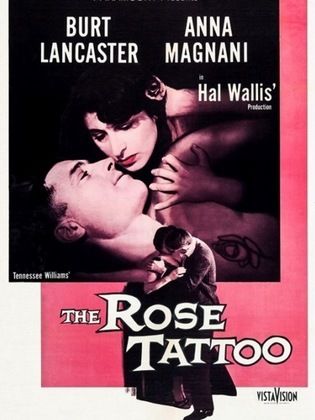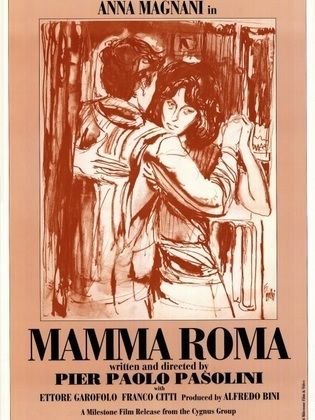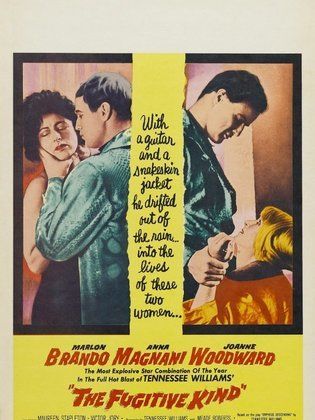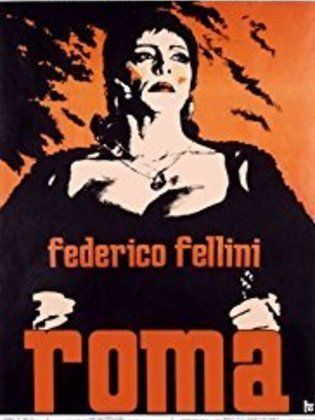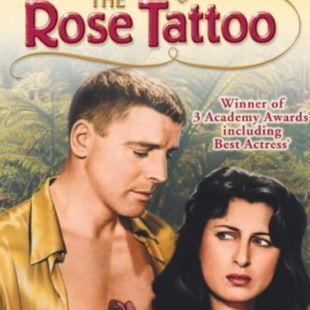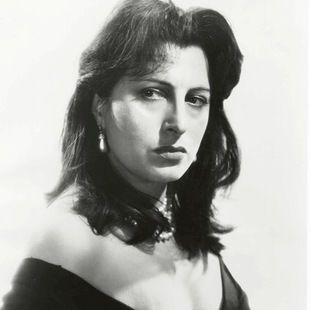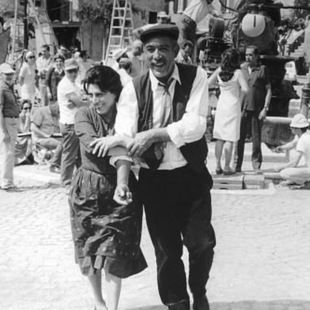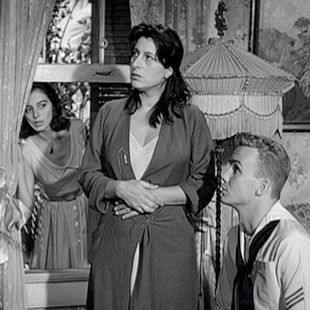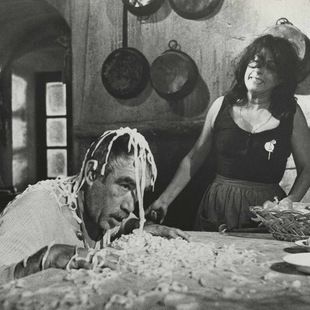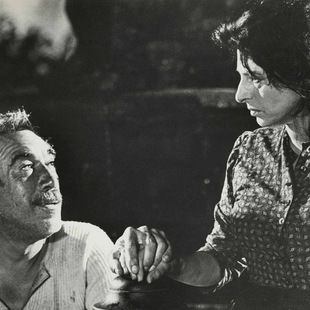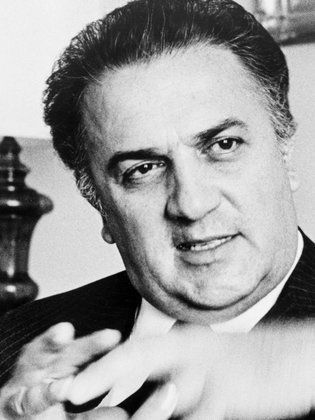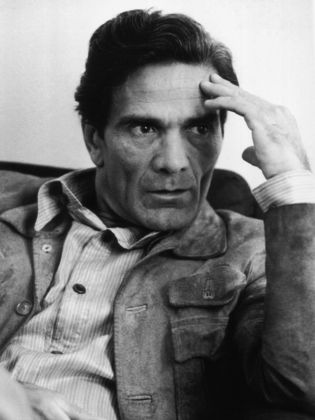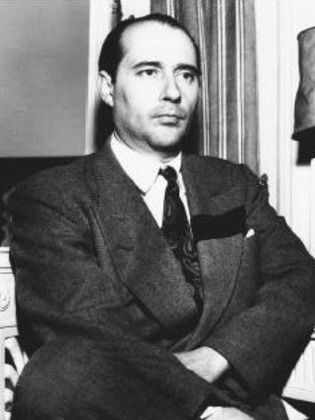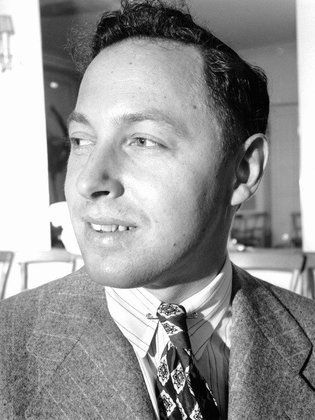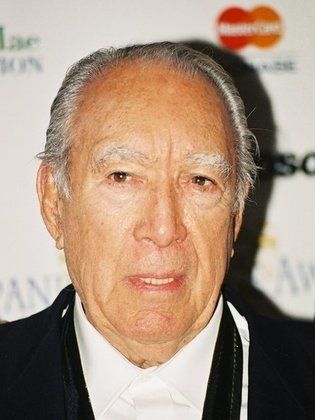Anna Magnani (1908 - 1973) آنا مانياني
Biography
Anna Magnani was an Italian stage and film actress. Magnani's birth location and upbrining are uncertain. Though some sources suggest that she was born in Rome, director Franco Zeffirelli, who claims to have known Magnani well, has stated that she was born in Alexandria, Egypt,...Read more to an Italian Jewish mother and an Egyptian father, and that she hasn't lived in Rome until her grandmother brought her from Egypt to live with her in one of Rome's slums. At the age of 17, Magnani started studying at Eleonora Duse Royal Academy of Dramatic Art in Rome, for two years, while singing in nightclubs to support herself financially. She then went on to pursue an acting career on stage, gaining fame and critical acclaim for her roles in the plays Anna Christie and The Petrified Forest. 1933 saw Magnani's break into film, when she was discovered by Italian filmmaker Gofferdo Alessandrini while performing in experimental plays in Rome. She made her debut film appearance in Alessadnrini's The Blind Maid of Sorrento (1934). Her first acclaimed film role was in Friday Theresa in 1941. She rose to international fame with her role as a woman who dies fighting to protect her patriotic husband in Roberto Rosselini's masterpiece Roma, citta aperta (Roma, Open City) in 1945. Her death scene remains one of the landmarks of Italian post-world-war neorealism cinema. At the time, she was romantically involved with Roberto Rossellini, and acted in two more films directed by him: The Miracle (1948) and The Human Voice (1948). From then on, Anna Magnani went to star in internationally acclaimed productions that featured master directors, including Jean Renoir's The Golden Coach (1953), Daniel Mann's The Rose Tattoo (1955), and Sidney Lumet's The Fugitive Kind (1959) alongside Marlon Brando. Her last film appearance was in Federico Fellini's Roma in 1972, where she appeared as herself. Anna Magnani died on the 26th of September, 1973, at the age of 65, after suffering from pancreatic cancer.
-
- Nationality:
- Italy
-
- Birth Country:
- Italy
-
- Died on:
- 26 September 1973
-
- Death Country:
- Italy
Watch Online (Sponsored By Yango Play)
-
-
- One Last Sin
- 2025 - Series
-
-
- Rocky El Ghalaba
- 2025 - Movie
-
-
- Siko Siko
- 2025 - Movie
-
-
- Al Shater
- 2025 - Movie
-
-
- Ward w Shokolata
- 2025 - Series
-
-
- 2 Qahwa
- 2025 - Series
Known for
(According to views)
More details
Anna Magnani was an Italian stage and film actress. Magnani's birth location and upbrining are uncertain. Though some sources suggest that she was born in Rome, director Franco...Read more Zeffirelli, who claims to have known Magnani well, has stated that she was born in Alexandria, Egypt, to an Italian Jewish mother and an Egyptian father, and that she hasn't lived in Rome until her grandmother brought her from Egypt to live with her in one of Rome's slums. At the age of 17, Magnani started studying at Eleonora Duse Royal Academy of Dramatic Art in Rome, for two years, while singing in nightclubs to support herself financially. She then went on to pursue an acting career on stage, gaining fame and critical acclaim for her roles in the plays Anna Christie and The Petrified Forest. 1933 saw Magnani's break into film, when she was discovered by Italian filmmaker Gofferdo Alessandrini while performing in experimental plays in Rome. She made her debut film appearance in Alessadnrini's The Blind Maid of Sorrento (1934). Her first acclaimed film role was in Friday Theresa in 1941. She rose to international fame with her role as a woman who dies fighting to protect her patriotic husband in Roberto Rosselini's masterpiece Roma, citta aperta (Roma, Open City) in 1945. Her death scene remains one of the landmarks of Italian post-world-war neorealism cinema. At the time, she was romantically involved with Roberto Rossellini, and acted in two more films directed by him: The Miracle (1948) and The Human Voice (1948). From then on, Anna Magnani went to star in internationally acclaimed productions that featured master directors, including Jean Renoir's The Golden Coach (1953), Daniel Mann's The Rose Tattoo (1955), and Sidney Lumet's The Fugitive Kind (1959) alongside Marlon Brando. Her last film appearance was in Federico Fellini's Roma in 1972, where she appeared as herself. Anna Magnani died on the 26th of September, 1973, at the age of 65, after suffering from pancreatic cancer.
- Nationality:
- Italy
- Nickname:
- لا ماجنانى / ناناريلا
- Nickname in English:
- La Magnani / Nannarella
- Birth Country:
- Italy
- Birth City:
- Roma
- Died on:
-
26 September 1973
[سرطان البنكرياس]
- Death Country:
- Italy
- Death City:
- Roma











